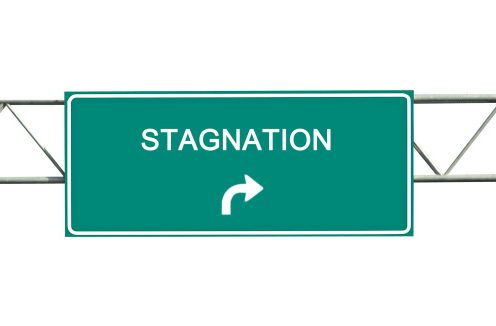Building a thriving economy is in the interest of everyone who lives in Maine – Republican, Democrat or independent. But our state’s growth initiatives gain and lose momentum according to who’s in power in Augusta. That’s why we support a measure enabling the creation of a long-term economic development strategy sound enough to weather political storms.
L.D. 367 is a long-overdue effort to fully implement an initiative dating to 1993, when the Legislature, under then-Republican Gov. John McKernan, launched the Maine Economic Growth Council. Though the council delivers a well-regarded annual report card on Maine’s progress on fundamental economic indicators, it hasn’t had the resources to fulfill the statutory mandate to develop a long-term economic growth strategy.
As a result, economic development programs have come and gone as control of the Legislature or the Blaine House has changed hands. One high-profile example: The Brookings Institution’s 2006 report “Charting Maine’s Future” was the state’s economic blueprint during the Democratic administration of John Baldacci but was cast aside as soon as Paul Le-Page, a Republican, took office.
It’s no wonder that, as a state-sponsored report found last year, businesses don’t trust Maine economic development organizations to make good on their promises in a constantly shifting political landscape.
The new bill would provide $150,000 for the council to develop the initial statewide strategic economic development plan – including goals and objectives for Maine’s economic improvement, benchmarks that measure the state’s progress toward these goals and strategies based on other states’ best practices. To allow for regular reviews of and updates to the plan, the council’s annual budget will increase from $55,000 to $175,000.
The measure also requires the governor, the Legislature and state agencies to take the strategic plan’s objectives into account when overseeing or allocating resources to programs that have connections to Maine’s economy.
Both of these provisions are essential. Changing Maine’s economic picture for the better requires state policymakers to stay on task and follow through on commitments to the business community – so to keep everybody focused and on the same page, the plan has to be used. At the same time, the plan won’t be useful unless it’s revised to reflect changing circumstances.
It’s time to give the Maine Economic Growth Council the tools it needs to do its job. No doubt, there will be kneejerk resistance to spending money on planning rather than on immediate crises, but prudent lawmakers will realize that the cost of failing to plan is far higher.
Correction: This story was updated at 12:35 p.m. on May 17, 2017, to correct the amount of the council’s annual budget increase.
Send questions/comments to the editors.


